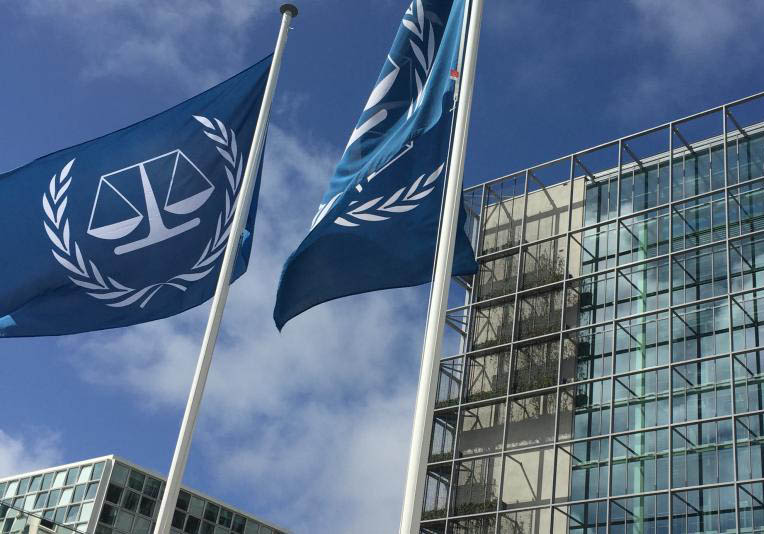In amicus curiae observations submitted to the International Criminal Court (ICC) on 16 March 2020, the ICJ argued that the Court had competency to exercise its jurisdiction over the whole of the Palestinian territory, including the West Bank, East Jerusalem and Gaza.
The ICJ submitted that competing claims challenging Palestine statehood under international law and its sovereignty over the territory were without merit.
The ICJ emphasized that failure to accept jurisdiction in respect of the State of Palestine, a State Party to the Rome Statute of the ICC, would run counter to the Statute’s object and purpose of combatting impunity for serious crimes under international law.
The amicus observations were filed in response to the ICC Prosecutor’s request to the Court to rule on “the scope of the Court’s territorial jurisdiction in the situation of Palestine and to confirm that the ‘territory’ over which the Court may exercise its jurisdiction … comprises the West Bank, including East Jerusalem, and Gaza.”
“Palestine is a State under international law, satisfying recognized international law criteria for statehood, displaying and effectively exercising State authority over parts of the Palestinian territory and demonstrating capacity to enter into relations with other sovereign States and exercise treaty-making powers. Israel’s decades-long occupation of the Palestinian territory has no bearing over the ultimate question of Palestine’s sovereignty and statehood, and, thus, over the ICC’s jurisdiction,” said Said Benarbia, the ICJ’s MENA Programme Director.
The ICJ also submitted that moves by Israel to annex portions of Palestinian territory and thereby nullify the right of the Palestinian people to self-determination should not be accepted by the Court as a basis for determining Palestine’s statehood status.
The ICJ also urged the Court to reject claims that Palestine has no jurisdiction over “Area C” – which pursuant to the 1995 Oslo II Accord was placed under full Israeli control for security purposes – East Jerusalem, and Israeli citizens, and thus cannot validly delegate such jurisdiction to the Court.
“The Court can and should exercise jurisdiction over all individuals responsible for crimes under the Rome Statute committed in the Palestinian territory, irrespective of the nationality of the accused or the victims. By exercising such jurisdiction, the Court will fulfil its very raison d’être of combating impunity and holding those who bear responsibility for the most serious crimes under international law to account,” said Kate Vigneswaran, the ICJ’s MENA Programme Senior Legal Adviser.
Because the State of Palestine is a party to the Rome Statute, the ICC is entitled to exercise its jurisdiction over the serious crimes of genocide, crimes against humanity, and war crimes committed on its territory by persons of any nationality, including Israelis and Palestinians. Palestinian nationals also fall under its jurisdiction for any crimes committed anywhere in the world.
Contact:
Said Benarbia, Director, ICJ Middle East and North Africa Programme, t: +41-22-979-3817; e: said.benarbia(a)icj.org
Kate Vigneswaran, Senior Legal Adviser, ICJ Middle East and North Africa Programme, t: +31-62-489-4664; e: kate.vigneswaran(a)icj.org
Palestine-Amicus brief ICC-Advocacy-Legal submission-2020-ENG (Amicus brief, in PDF)
Palestine-ICC Amicus-News-Press releases-2020-ARA (Press release in Arabic, PDF)

